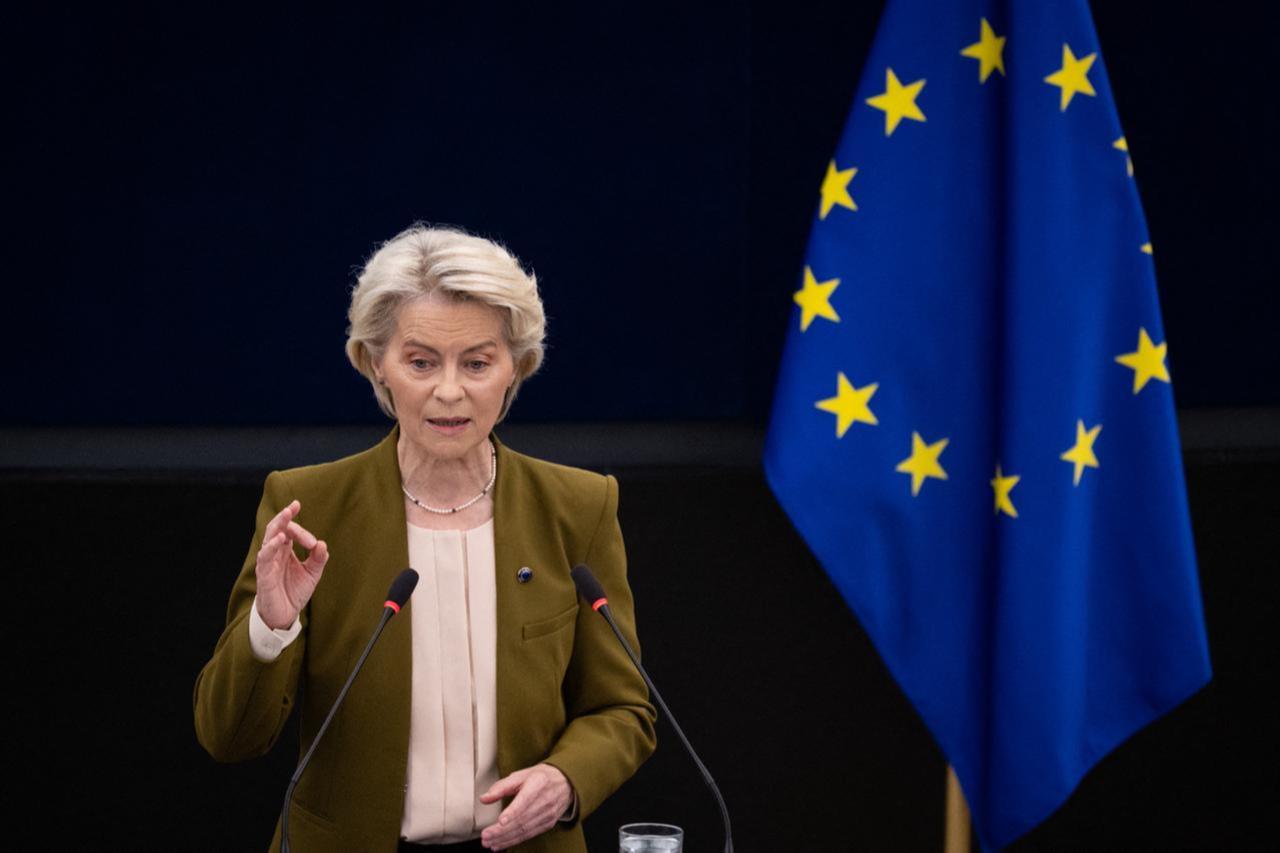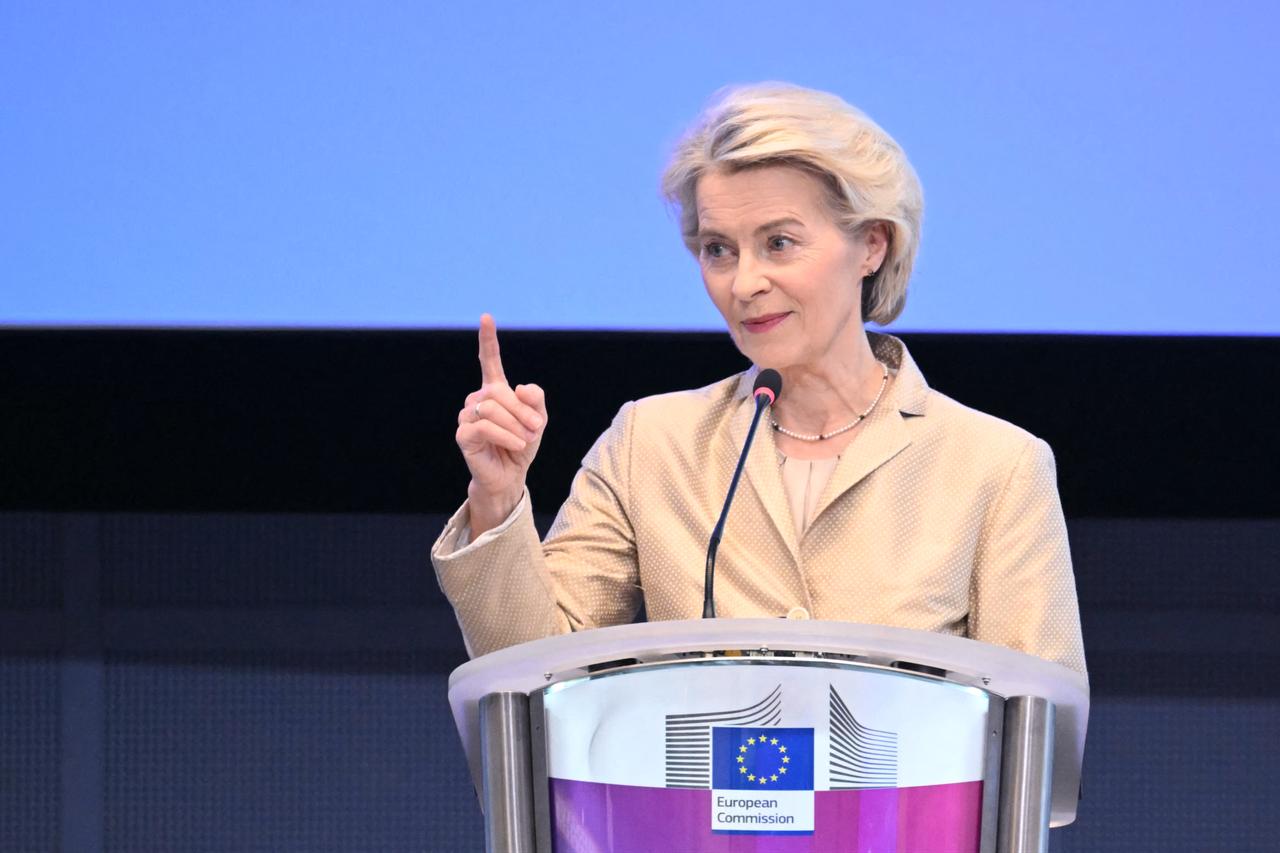
The European Union announced an ambitious economic development initiative Monday aimed at doubling the gross domestic product of the Western Balkans over the next 10 years, marking a significant expansion of the bloc's engagement with the strategically important region.
European Commission President Ursula von der Leyen unveiled the plan at the EU-Western Balkans Investment Forum in the Albanian capital, outlining a strategy centered on deeper economic integration, institutional reforms, and channeling European investment into the six-nation region.
"The EU opens sectors of its economy for your business. Together, we work on reforms for a level-playing field. And alongside reforms comes investment. The Western Balkans Growth Plan aims at doubling regional GDP in the next decade," von der Leyen told attendees at the forum's opening ceremony.
The Western Balkans—comprising Albania, Bosnia and Herzegovina, Kosovo, Montenegro, North Macedonia, and Serbia—has long been viewed as a future expansion zone for the EU, though accession timelines have repeatedly stalled over governance concerns and bilateral disputes.
Von der Leyen pointed to recent progress as evidence the integration process is producing tangible benefits. Three countries—Albania, Montenegro, and North Macedonia—recently joined the Single Euro Payments Area, a move expected to cut transaction costs and save regional businesses approximately €500 million ($578 million) annually.
"It is progress not just on paper but in practice," she said.

The commission president described the Western Balkans as holding untapped potential to become a center for strategic industries and technological innovation. As part of this vision, the EU's AI Factories initiative will expand into the region, beginning with two "Factory Antennas" in North Macedonia and Serbia. A high-speed digital network is also planned to link all six Western Balkan nations.
Energy represents another focal point of the investment strategy. Von der Leyen said the region could emerge as a hub for renewable energy production, storage, and distribution—a development that would support lower electricity costs while advancing Europe's broader goal of energy independence amid ongoing geopolitical tensions.
"Investing in the Western Balkans means investing in a future continental market of 500 million people," von der Leyen said, framing the initiative as essential to Europe's industrial competitiveness and energy security.
The forum is expected to facilitate project agreements generating more than €4 billion in new investments, with officials and investors from both the EU and Western Balkans participating in discussions throughout the event. The projects are designed to create employment opportunities and economic growth across the region.
The Growth Plan represents the EU's latest effort to solidify ties with a region that has faced economic stagnation and political instability in recent decades, while also countering growing influence from China and Russia in the area.